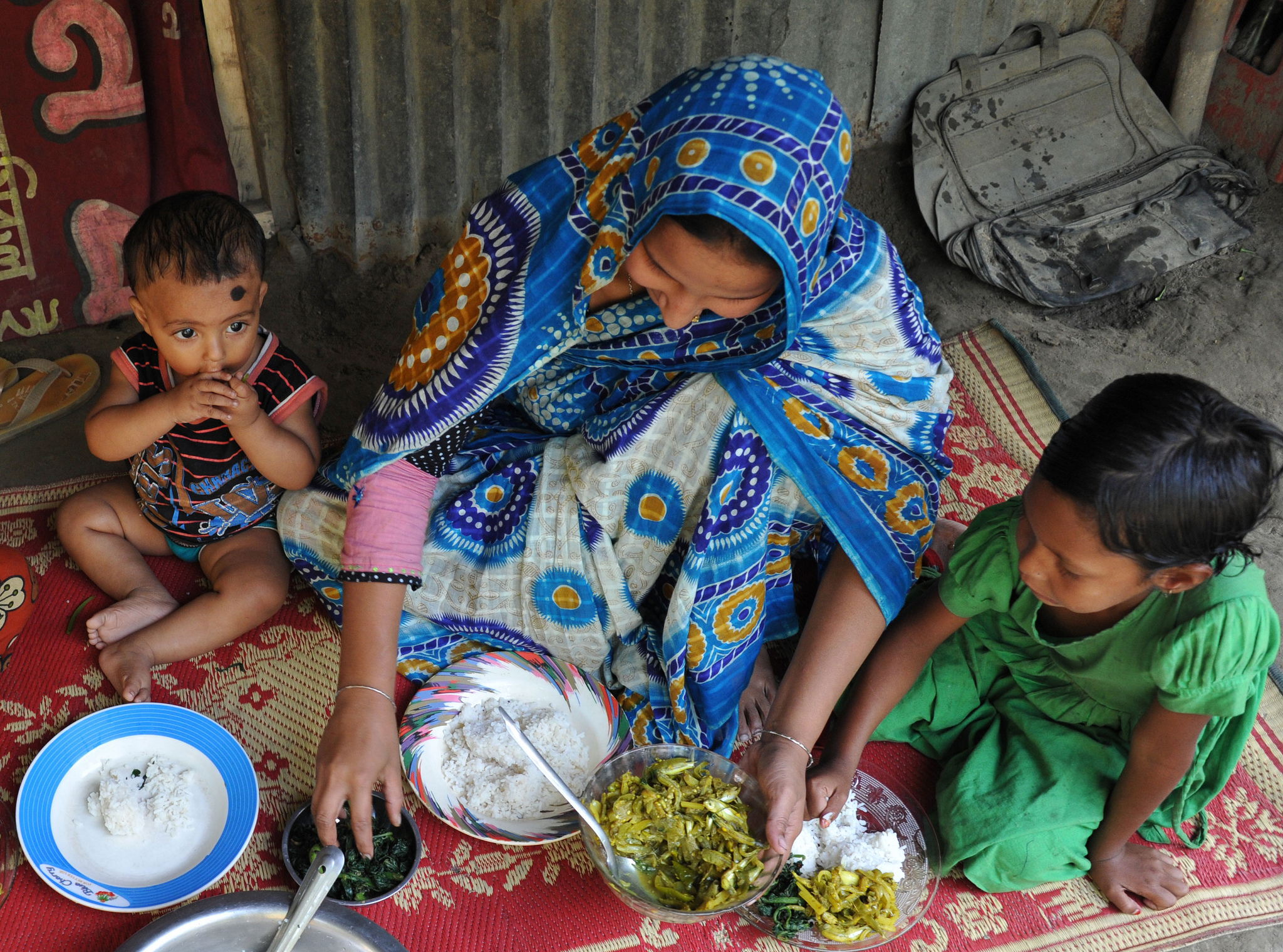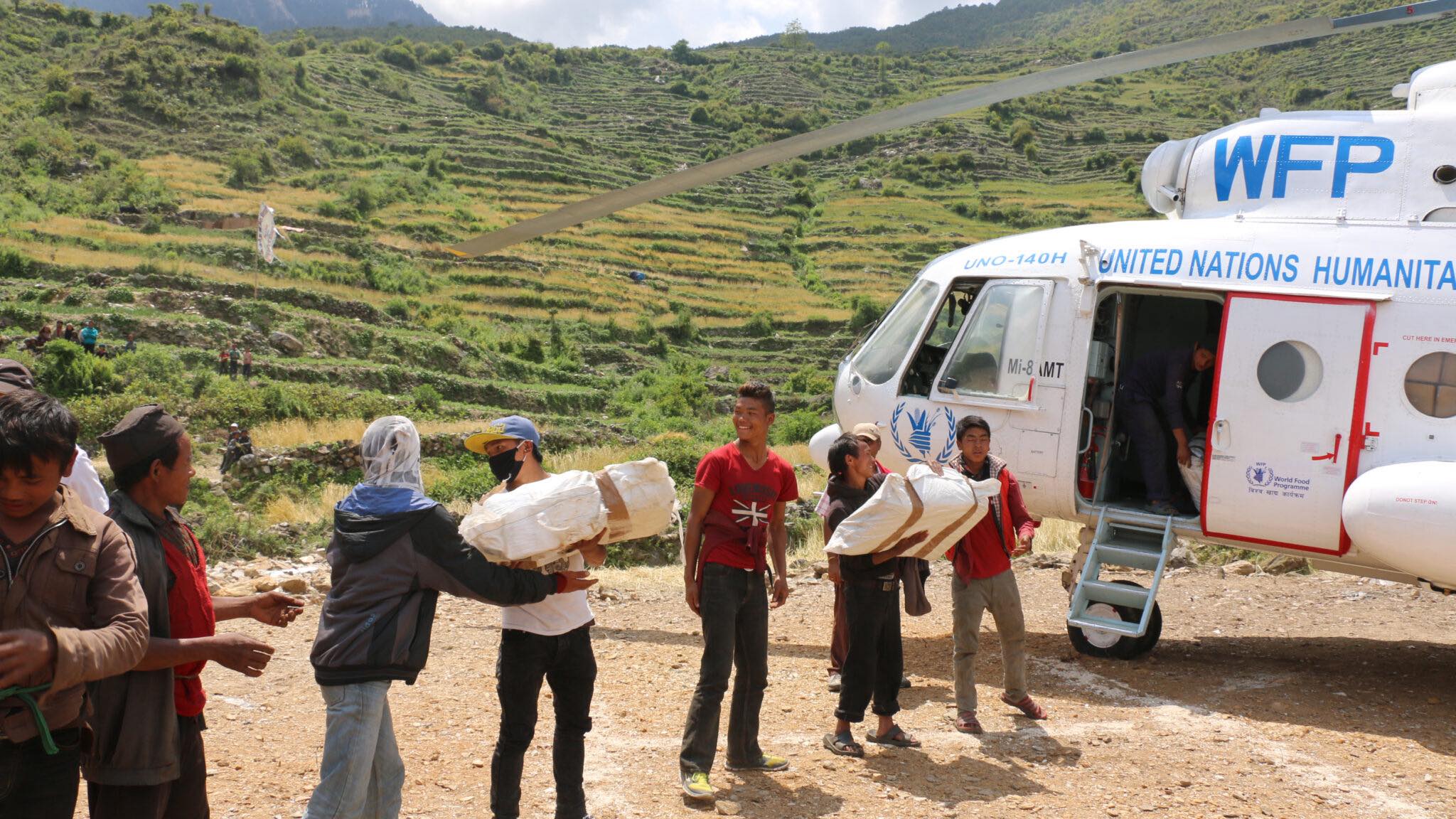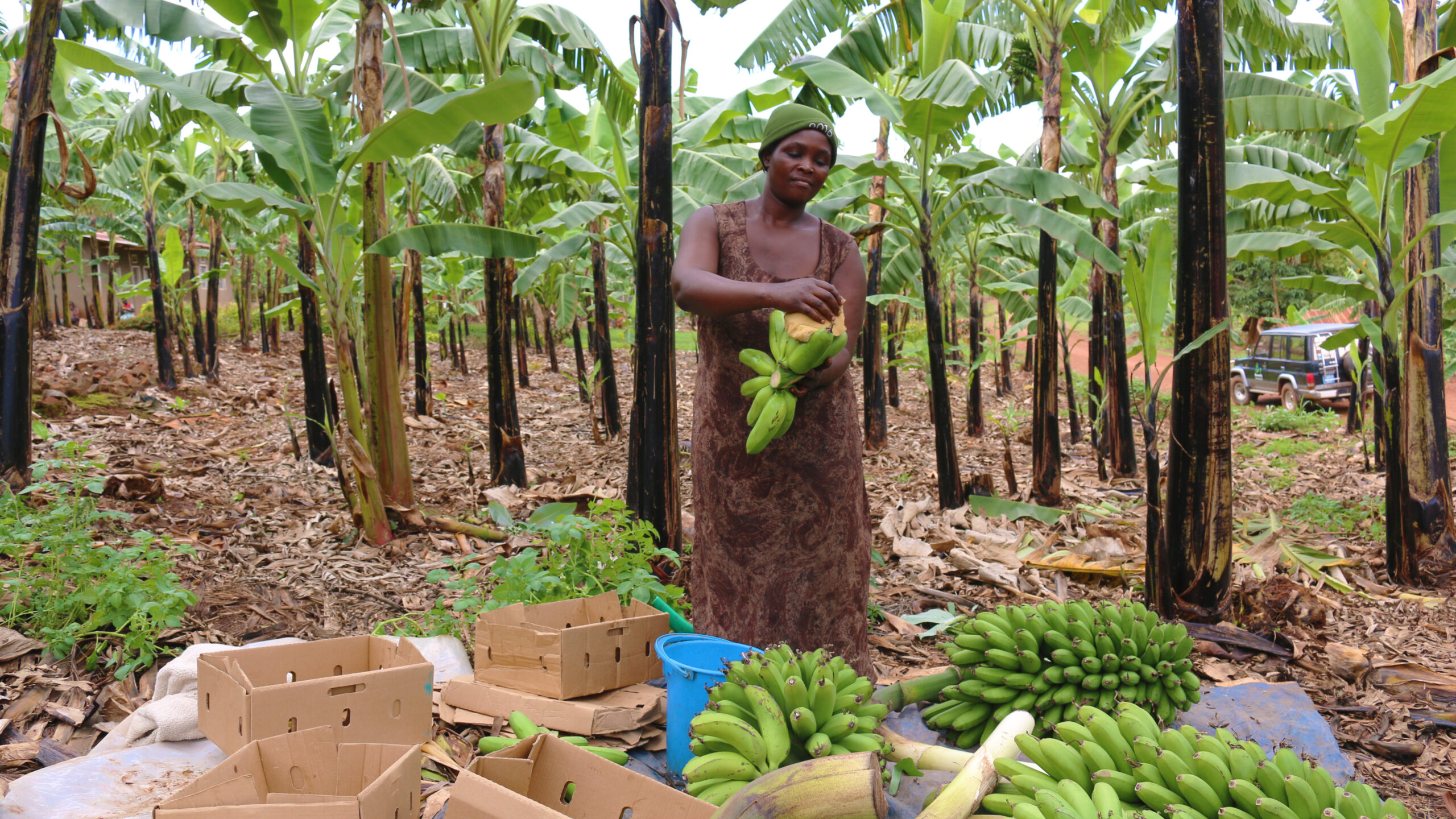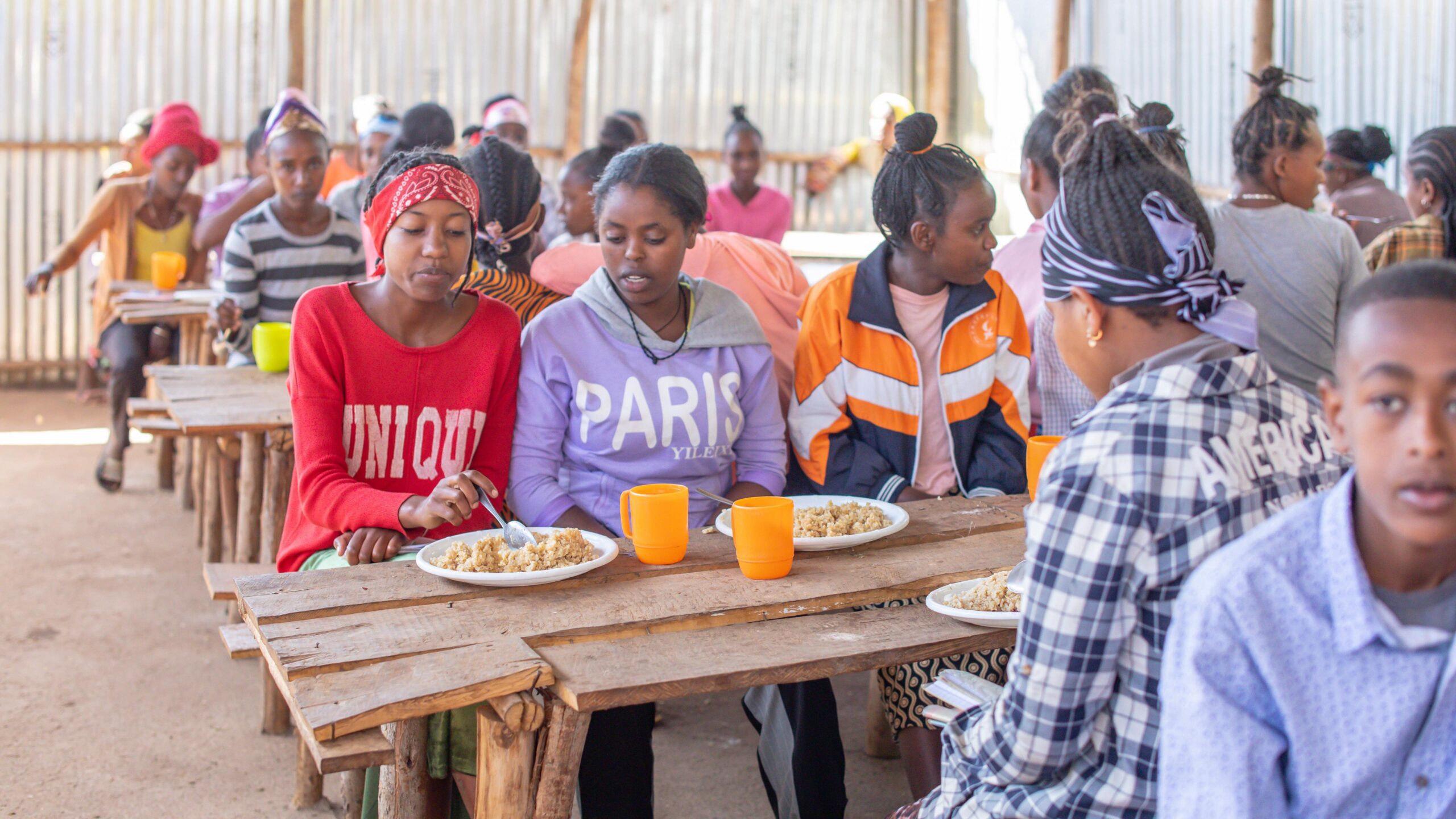Bangladesh has made remarkable progress in ensuring food and nutrition security, mainly driven by rapid economic growth and many successful social and health policies and programs. IFPRI has played an important role promoting evidence-based policies and investments that have contributed to Bangladesh’s successes. The Institute’s partnerships with the government and stakeholders will be celebrated at its Bangladesh Country Office Inaugural Ceremony on October 24, 2016 in Dhaka.
IFPRI’s largest project ever in Bangladesh, the Policy Research and Strategy Support Program (PRSSP) funded by the United States Agency for International Development (USAID), has been generating evidence, strengthening analytical capacity, and stimulating policy dialogues on issues related to agricultural development, and food and nutrition security since 2010. One of PRSSP’s notable achievements was designing the Transfer Modality Research Initiative (TMRI), an experimental pilot program implemented by the World Food Programme. This initiative provided robust evidence that giving ultra-poor women a combination of cash or food and nutrition education improves their children’s nutrition. TMRI resulted in an unprecedented decrease in child stunting by 7 percentage points—an achievement three times the national average decline. Such compelling results informed Bangladesh’s 2015 National Food Policy Plan of Action and Country Investment Plan and 7th Five Year Plan (2016-2020) to integrate nutrition education into social safety net programs.
PRSSP also provided Bangladesh with the most comprehensive and nationally representative rural household survey, the Bangladesh Integrated Household Survey (BIHS), which collects critical data on food security, gender, nutrition, and poverty. The BIHS has been useful for USAID’s Feed the Future program in Bangladesh as a monitoring and evaluation tool. Through the BIHS, USAID was able to assess its program’s impact—reducing poverty by 16 percent from 2011 to 2015 within Feed the Future zones of influence in Bangladesh.
Further, IFPRI’s innovative nutrition research has contributed to noteworthy improvements in nutrition and health practices in Bangladesh. To combat zinc deficiency in over 40 percent of children under five in the country, HarvestPlus, an IFPRI and International Center for Tropical Agriculture (CIAT) joint venture, developed three rice varieties fortified with zinc. These varieties provide up to 60 percent of daily zinc needs, along with iron and vitamin A. By 2015, HarvestPlus reached 160,000 households in Bangladesh with zinc rice, and aims to reach 1.4 million households by 2018. In addition, IFPRI partners with BRAC, the Institute of Public Health Nutrition, Ministry of Health and Family Welfare, and other stakeholders in the Alive & Thrive initiative, funded by the Bill & Melinda Gates Foundation, to enhance child nutrition. The initiative strengthens the promotion and support for appropriate infant and young child feeding (IYCF) practices in Bangladesh. Alive & Thrive reached 1.7 million mothers of children under two with information on IYCF. From 2009 to 2014, Alive & Thrive achieved rapid improvements: exclusive breastfeeding increased from 48 to 88 percent and the proportion of children obtaining the minimum dietary diversity increased from 32 to 64 percent in intensive program areas.
Within almost three decades of groundbreaking research and collaborations with the government and stakeholders in Bangladesh, IFPRI has contributed rigorous evidence to help improve food and nutrition security, and manage natural disasters.
Janna de la Paz is a Program Analyst at IFPRI. To view/download/print a PDF of this post, click here. For more information on IFPRI’s research and partnerships in Bangladesh, see this brochure. For more Outcome Stories, see the Outcome Stories blog.







